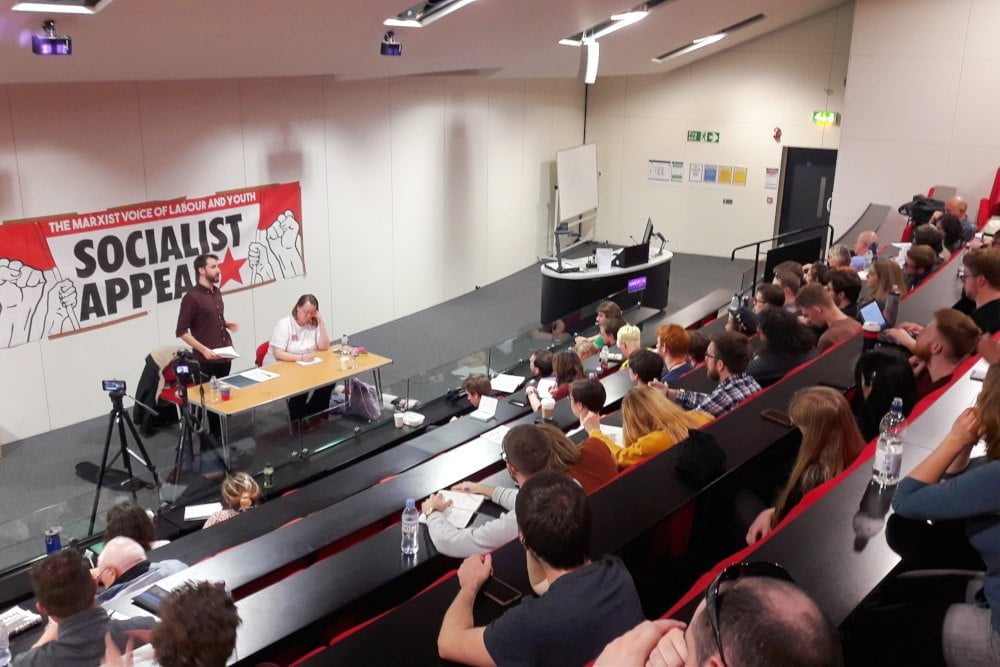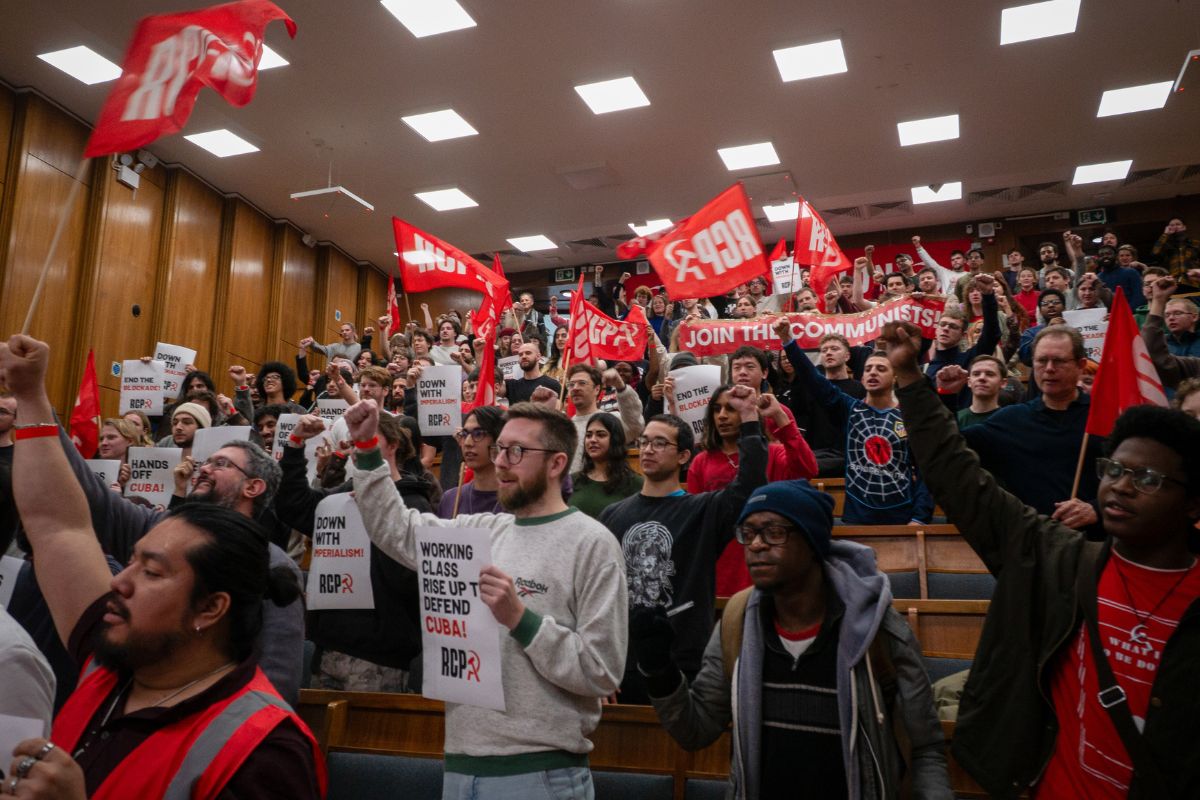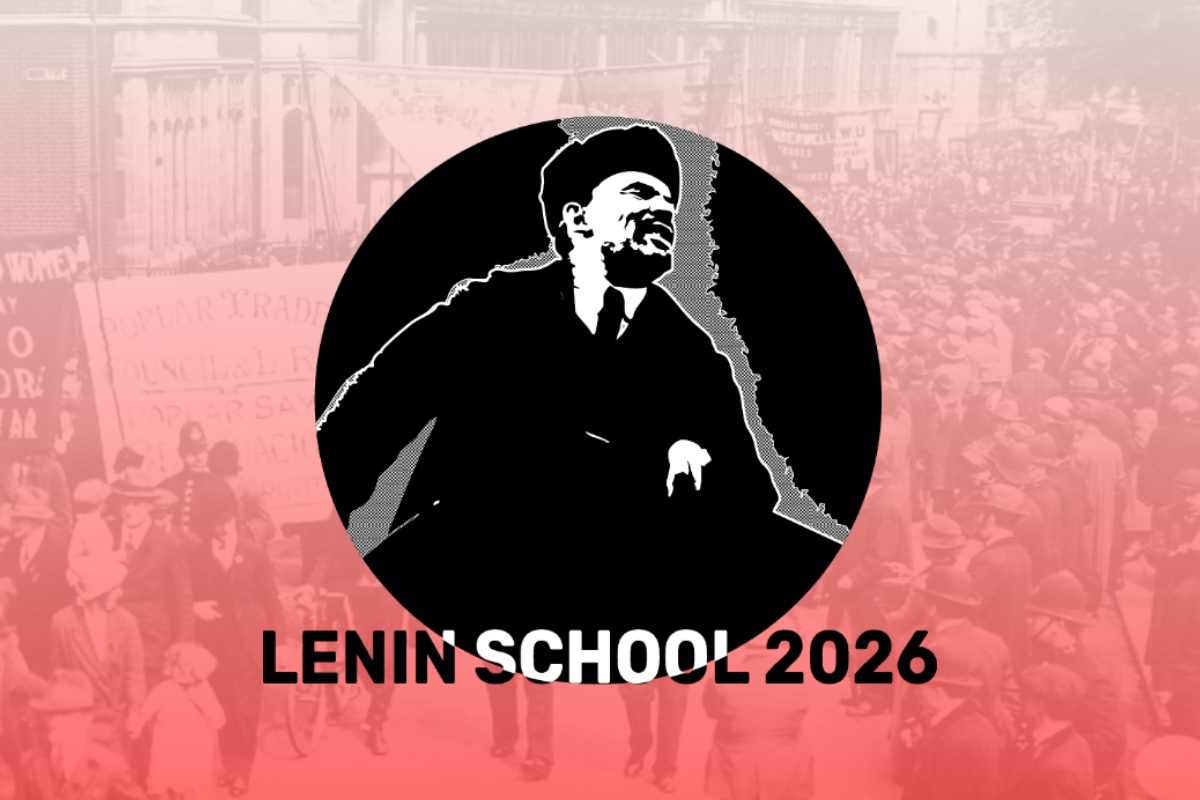Socialist Appeal supporters in Manchester report on the inspiring Peterloo day school that took place last weekend, with a range of talks and discussions exploring Britain’s history of class struggle.
On Saturday 6th April, around 60 workers, students, and activists attended Socialist Appeal’s Peterloo day school in Manchester. The day was full of excellent political discussions and there was a revolutionary spirit throughout as comrades learnt about over 200 years of class struggle in Britain, with a special focus on the North.
The first paid of talks in the morning covered the ideas of Friedrich Engels and also his writings on the condition of the working class. Scott Shaw of the Sheffield Marxists spoke on the life and ideas of Engels, covering his close collaboration with Karl Marx, the importance of dialectical materialism, the philosophy of Marxism, as well as his explanation of women’s oppression and the role of the state in class society.
Natasha Sorrell – also of the Sheffield Marxists – introduced Engels’ Condition of the Working Class, which he wrote whilst living in Manchester. In her talk, Natasha drew parallels between the terrible conditions witnessed by Engels in the slums of Manchester in 1840s and the complete denigration of the rights of workers in both the workplace and in living conditions today.
It is a reminder that capitalism, despite whatever reforms are gained under it, is not concerned with preserving the quality of human life in any way. The capitalist system will always put profit before people. Only the socialist transformation of society can bring the horrors of capitalism to an end.
In the afternoon, Sarah Taylor of the Manchester Marxists talked about the miners’ strike of 1984-85 and its legacy. She described the strength and courage of the miners, the brutality of the police, and the lessons these events provide about the importance of unity across all sections of the working class, and the need for bold, committed leadership.
Mike Hogan from Liverpool Wavertree CLP gave a stirring first hand account of Liverpool city council’s brave stand against Thatcher’s cuts in the 1980s. The council, in which Marxist Labour councillors played a leading role, stood firm to the idea that it is better to “break the law than the poor”, and refused to implement cuts or raise the rates.
There was wide support amongst the working class for the social reforms the Liverpool councillors enacted, such as extensive house building and public employment. But the valuable opportunity for a national campaign was deliberately squandered by the Labour leadership under Kinnock, and the 47 councillors were surcharged. They nevertheless provide an inspiration to Labour councils seeking to fight the cuts today.
Josh Holroyd of the Socialist Appeal editorial board introduced the final plenary session on Peterloo and the class struggle in Britain. The Peterloo massacre of 1819 was a dramatic turning point in British history, in which cavalry charged into a peaceful crowd of 60,000 workers who had gathered to demand parliamentary reform. 18 people lost their lives and hundreds were injured.
Josh stressed the significance of this early movement of the working class and drew a direct relationship between the demands of Peterloo and the inspiring revolutionary movements that took place decades later, particularly Chartism.
In the discussion, comrades raised the importance of learning from these early movements of working class struggle, which are a proud heritage we must defend. We must remember these people who lost their lives and carry on their fight for socialism.
In all, it was a day that comrades won’t forget. All present felt determination to fight for genuine Marxist ideas – the only ideas that will break the chains that have been dragging us down for so long.






